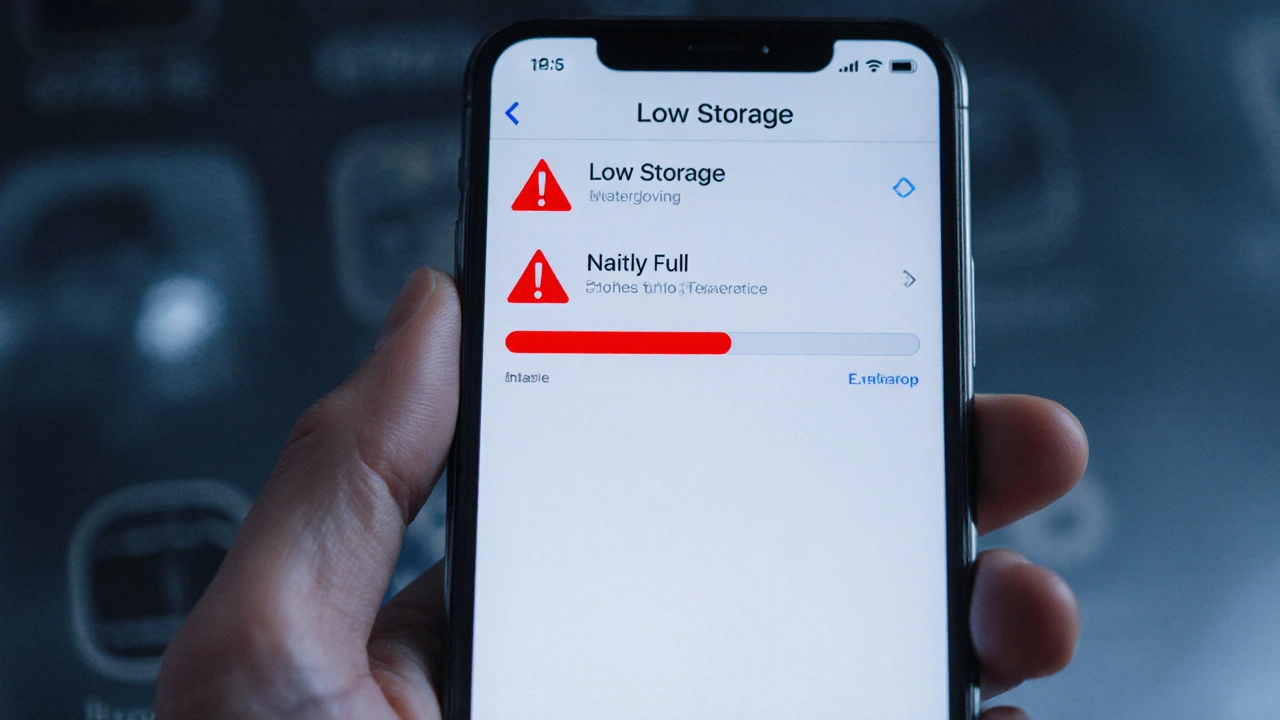Disk Cleanup: Keep Your Computer Running Smooth
When working with disk cleanup, the process of deleting unnecessary files and freeing space on a computer’s hard drive. Also known as storage cleanup, it helps prevent slowdowns and keeps the system healthy. disk cleanup is a simple habit that can extend the life of any PC.
Why Disk Cleanup Matters
Effective computer maintenance, regular tasks that keep hardware and software running at peak efficiency often starts with a good cleanup. Storage optimization, organizing data so that space is used wisely is a direct result of removing junk files, duplicate photos, and old installers. When you free up space, system performance, how quickly programs respond and how smoothly the OS runs improves, and you’ll notice faster boot times and fewer freezes. Good file management, the practice of categorizing, naming, and storing files in logical folders also reduces the need for future cleanups.
In practice, disk cleanup encompasses three core steps: identify redundant data, delete or archive it, and prevent it from returning. The first step often uses built-in utilities that scan for temporary internet files, system logs, and leftover update packages. The second step may involve moving large media to external drives or cloud storage. The third step relies on habits like emptying the recycle bin weekly and disabling unnecessary startup programs. Together, these actions create a feedback loop where cleaner storage leads to smoother performance, which in turn encourages more disciplined file handling.
Many users skip the manual approach and trust third‑party cleaners, but not all tools are created equal. Some delete critical system files, causing more trouble than they solve. A reliable tool should list each category before removal, offer a preview, and let you restore items if needed. Look for software that supports scheduled scans, integrates with Windows or macOS built‑in cleaners, and provides clear reports on how much space was recovered.
Common pitfalls include deleting files without checking their purpose, ignoring hidden folders that store important app data, and relying solely on automatic cleaners. To avoid these, always back up important documents before a major purge, review the list of files slated for deletion, and combine automated scans with occasional manual checks. By following these best practices, you’ll keep your computer humming without the constant need for emergency fixes.
Now that you understand what disk cleanup entails and how it ties into broader computer health, the articles below will walk you through specific tools, detailed step‑by‑step guides, and real‑world examples that make the process painless and effective.
How to Keep Your Storage Free: Proven Tips to Free Up Space
Learn practical ways to keep your device storage free, from daily habits and built‑in tools to cloud backups and automated scripts. Follow a clear checklist and FAQs.
View More




